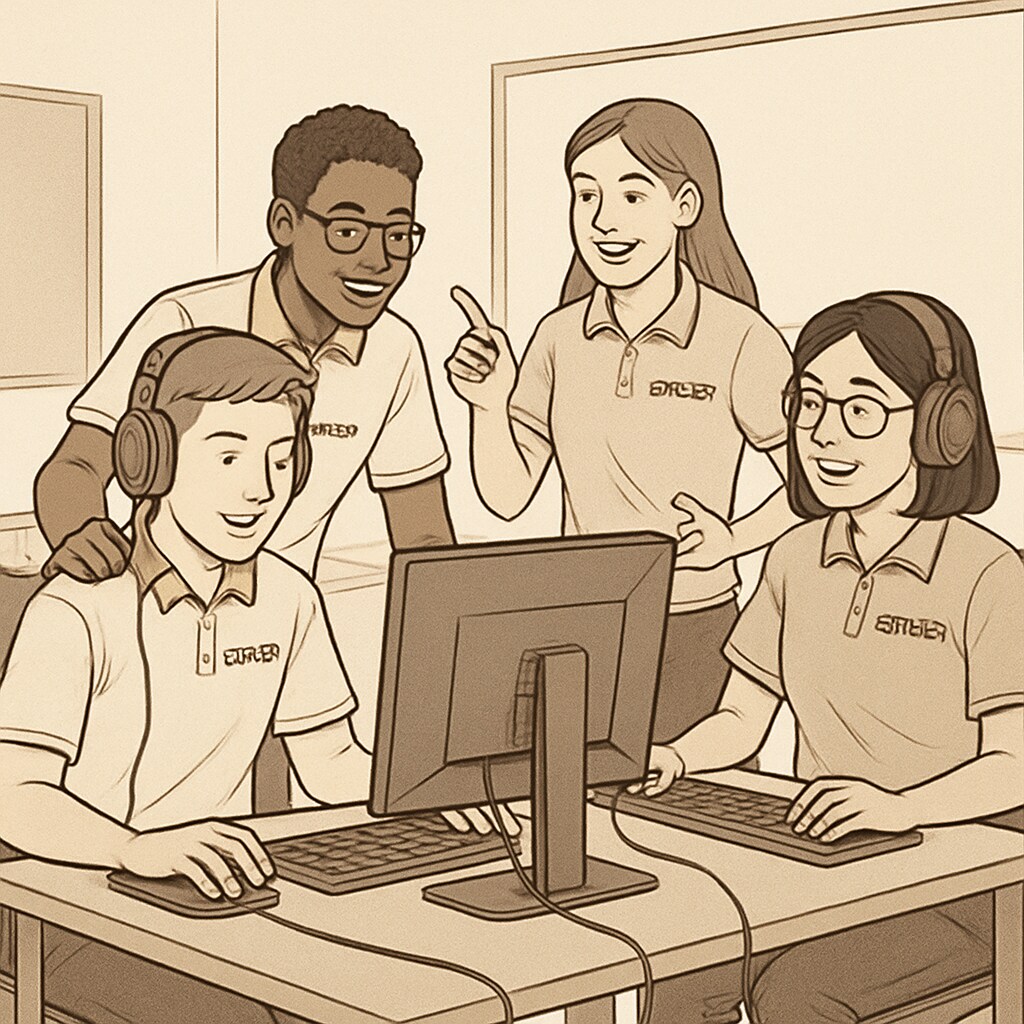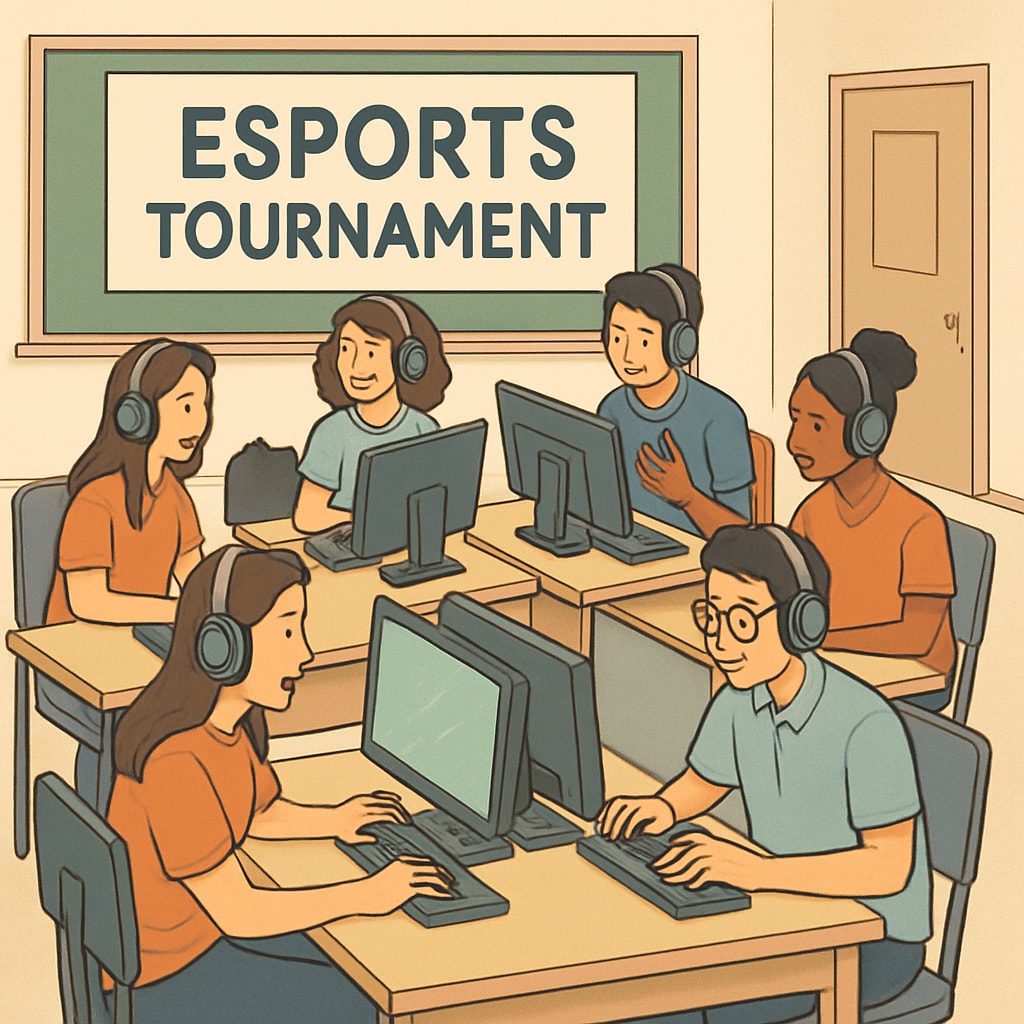GameClass and NASEF (North America Scholastic Esports Federation) have joined forces to redefine the traditional classroom experience through the integration of esports and education. Their groundbreaking collaboration leverages game-based learning to boost student engagement in core academic subjects while promoting essential life skills such as teamwork, problem-solving, and digital literacy. This partnership signals the beginning of a new era in K12 education, where gaming becomes a transformative tool for enhancing learning outcomes.

Why Esports and Education Make a Perfect Match
Esports, characterized by competitive video gaming, has grown into a global phenomenon with millions of players and viewers. Recognizing the potential of gaming beyond entertainment, educators and organizations like GameClass and NASEF are now exploring how esports can be applied in educational contexts. Game-based learning incorporates the principles of gaming—such as challenges, rewards, and collaboration—into classroom activities, fostering a more interactive and engaging learning environment.
According to Wikipedia’s overview on esports, the industry has expanded rapidly, making it a relatable and accessible medium for students worldwide. This accessibility allows educators to use gaming as a bridge to connect with students who might otherwise feel disengaged from traditional teaching methods.
GameClass and NASEF’s Vision for K12 Education
GameClass and NASEF aim to establish esports clubs and networks globally, providing students with opportunities to participate in structured gaming activities while integrating educational content. These clubs serve as platforms for students to explore STEM (science, technology, engineering, and mathematics) subjects, language arts, and even social studies through gaming-centric projects.
For example, a student participating in an esports club might engage in activities that require critical thinking, such as designing strategies in multiplayer games or analyzing game mechanics to understand mathematical concepts. This hands-on approach not only enhances subject comprehension but also builds soft skills such as leadership and communication.

The Global Impact of Game-Based Learning
By integrating esports into K12 education, GameClass and NASEF are addressing global challenges in student engagement and academic achievement. According to Britannica’s insights on educational psychology, interactive learning methods like game-based learning have proven effective in keeping students motivated and focused. This is especially beneficial in the digital age, where traditional teaching often struggles to compete with the allure of screen-based entertainment.
- Improved Engagement: Game-based learning captures student interest by aligning educational content with their hobbies and passions.
- Skill Development: Esports fosters critical skills such as collaboration, leadership, and strategic thinking, which are essential for future careers.
- Inclusivity: Gaming transcends geographic and cultural barriers, making it an ideal tool for global education initiatives.
Challenges and Opportunities Ahead
While the integration of esports into education is promising, it is not without challenges. Critics often question the educational validity of gaming and raise concerns about screen time and gaming addiction. However, strategic partnerships like that of GameClass and NASEF address these challenges by emphasizing structured, goal-oriented gaming experiences rather than unrestricted play.
In addition, the collaboration opens doors to new opportunities in curriculum design, teacher training, and technology integration. By showing educators how to harness the educational potential of games, GameClass and NASEF are paving the way for a future where learning is as exciting and engaging as gaming itself.
Conclusion: The partnership between GameClass and NASEF represents a transformative step in K12 education. By merging the worlds of esports and learning, they are not only enhancing academic engagement but also preparing students for the demands of a digital future. As game-based learning continues to evolve, the possibilities for innovation in education are endless.


